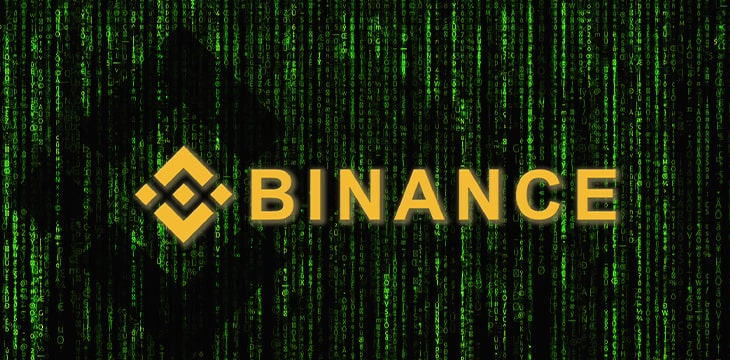Binance halts Ontario operations—for real this time
Binance has been accused of breaking financial laws in about two dozen jurisdictions in the past year as its history of reckless flouting of regulations caught up with it. The cryptocurrency exchange has denied many of these claims and, in some instances, halted services. However, as it now admits, it broke the law in Canada, lied about shutting down its services, and claimed it didn’t need approval to serve its users. But it says all will be well now since it’s halting its services ‘for real’ this time.
It started in mid-2021 when the Ontario Securities Commission (OSC) went after Binance for offering services to residents without obtaining a license. In June, the exchange released a statement advising its Ontario users to close out all their active position by the end of the year. Describing the province as a “restricted jurisdiction,” the exchange claimed it would cease offering its services to Ontario residents and would no longer open new accounts.
However, as it was later discovered, Binance was lying. It continued with its operations in Ontario despite the statement. It even went as far as telling its customers that it would resume operations even without the OSC’s approval or license.
Binance admits as much in a recent statement:
“Binance acknowledges [that]…on December 29, 2021, it notified Ontario users that it was allowed to continue its operations in Ontario, which Binance now acknowledges was not correct.”
The exchange further revealed that it made false representations to its users, investors, and staff members, informing them on December 31 last year that restrictions were in place to bar Ontario residents from trading.
“Despite the representations made to staff and investors, Ontario investors were able to continue to trade after the restrictions were supposedly in place,” it acknowledged.
However, this time, Binance will leave Ontario for real, it claims. It says in its statement that it has and will continue to prevent users from Canada’s largest province from accessing its website and its app. It will inform users that the province is a restricted jurisdiction, bar users who self-identify as being from Ontario, and deny services to IP addresses identified as being in the area.
For existing users from Ontario, Binance will see to it that they “close, reduce and/or redeem existing positions, withdraw funds, withdraw excess margin or deposit more if required.”
“Binance represents and undertakes that [it] will require Ontario users to close out and settle their existing positions in Restricted Products by 90 days from the date of this Undertaking, failing which Binance will close such positions on that date,” it added.
Binance isn’t the first exchange to lie to regulators that it would shut down its services in a certain jurisdiction and then fail to. BitMEX lied to U.S. regulators that it had halted services to American users for years, but it continued to serve them.
However, the days of the ‘Crypto Wild West’ are firmly behind us, and exchanges that break the law are facing justice for it, as BitMEX came to find out. Former executives Arthur Hayes, Ben Delo, Sam Reed, and Greg Dwyer have all been—or are in the process of—atoning for their crimes. The first three have all pled guilty, paid $10 million each in fines, and now await sentencing. Violating the Bank Secrecy Act, which is the crime they pleaded guilty to, carries a maximum sentence of five years behind bars.
BitMEX executives have come under fire for breaching the law in the U.S. Binance, on the other hand, is already dealing with accusations of flouting the law in about 20 jurisdictions, from Canada, the U.S., Germany, the U.K., Hong Kong, and Turkey. It’s only a matter of time before founder Changpeng Zhao, who has already been proven to be aware of and even pushing towards illicit operations, gets to atone for his actions.
Follow CoinGeek’s Crypto Crime Cartel series, which delves into the stream of groups—a from BitMEX to Binance, Bitcoin.com, Blockstream, ShapeShift, Coinbase, Ripple, Ethereum,
FTX and Tether—who have co-opted the digital asset revolution and turned the industry into a minefield for naïve (and even experienced) players in the market.
Source: Read Full Article



